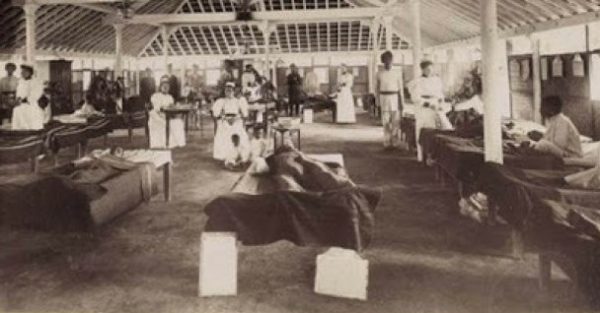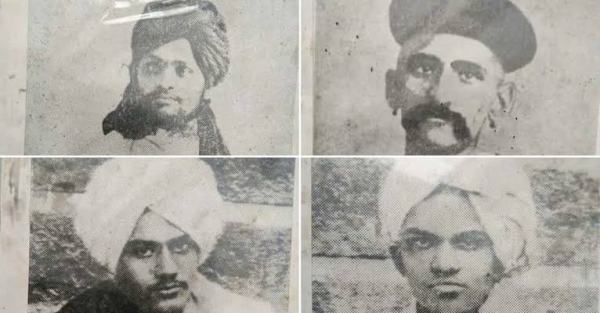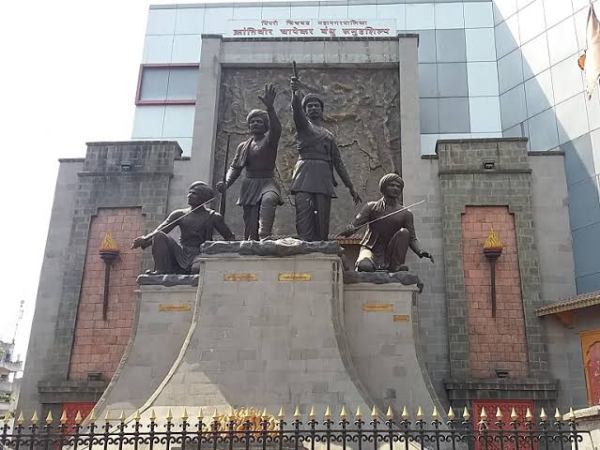During late 1896 dreaded disease of plague had struck Pune and by early 1897, the disease had spread critically. In February 1897 alone, there were 657 deaths reportedly due to plague. About half of the city’s population had left it.The government set up a Special Plague Committee in March that year to handle the menace and control the spread of the disease. It was chaired by an Indian Civil Service (ICS) officer W. C. Rand.
The commission appointed more than 800 officers and soldiers on duty in Pune rather than employing doctors for the job of implementing the measures. The measures included entry into houses forcefully, examination of its occupants including women, taking them to segregation camps and preventing people affected with plague from leaving or entering Pune.People were denied permission to conduct the funerals of their loved ones unless the deaths were registered. If plague was the cause of death, the dead had to be cremated in special grounds designated by the government.

The Chapekar brothers Damodar Hari Chapekar, Balkrishna Hari Chapekar and Vasudeo Hari Chapekar and a friend of them Mahadev Ranade initially belonged to Chapa small hamlet near Chinchwad, then a village near Pune, in the state of Maharashtra, India

Regular harassments of Rand commission had prompted the Chapekar brothers and other members of the revolutionary “Chapekar Club” to take action against the person who started it all—the commissioner. On 22 June 1897, brothers Damodar Hari Chapekar and Balkrishna Hari Chapekar assassinated a British official W. C. Rand and his military escort Lieutenant Ayerst at Pune, Maharashtra. This was the first case of militant nationalism in India after the 1857 Revolt.

All three brothers were found guilty and hanged, an accomplice was dealt with similarly, another, then a schoolboy, was sentenced to ten years’ rigorous imprisonment.


